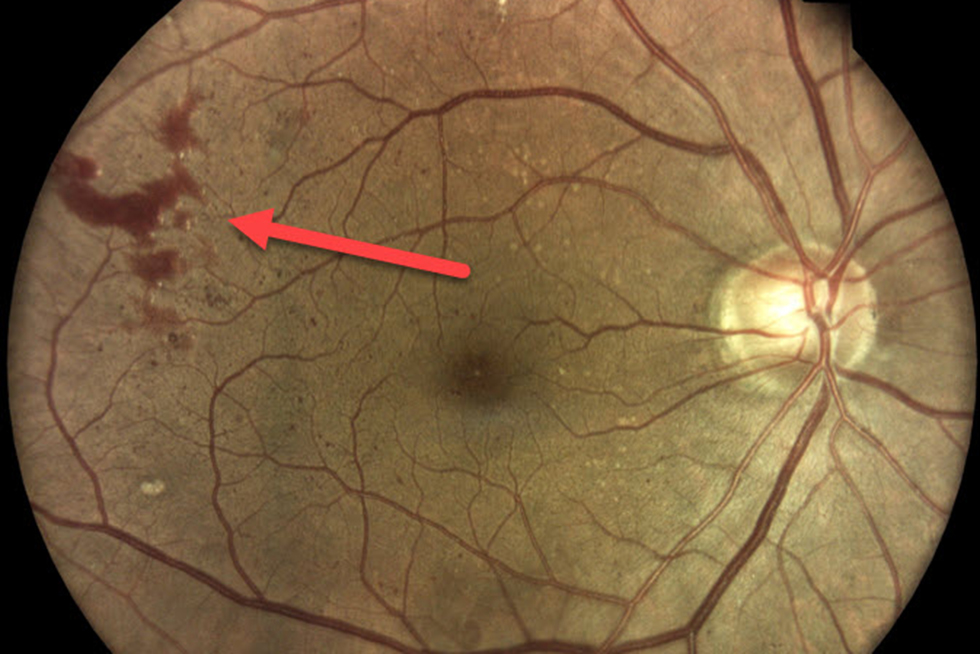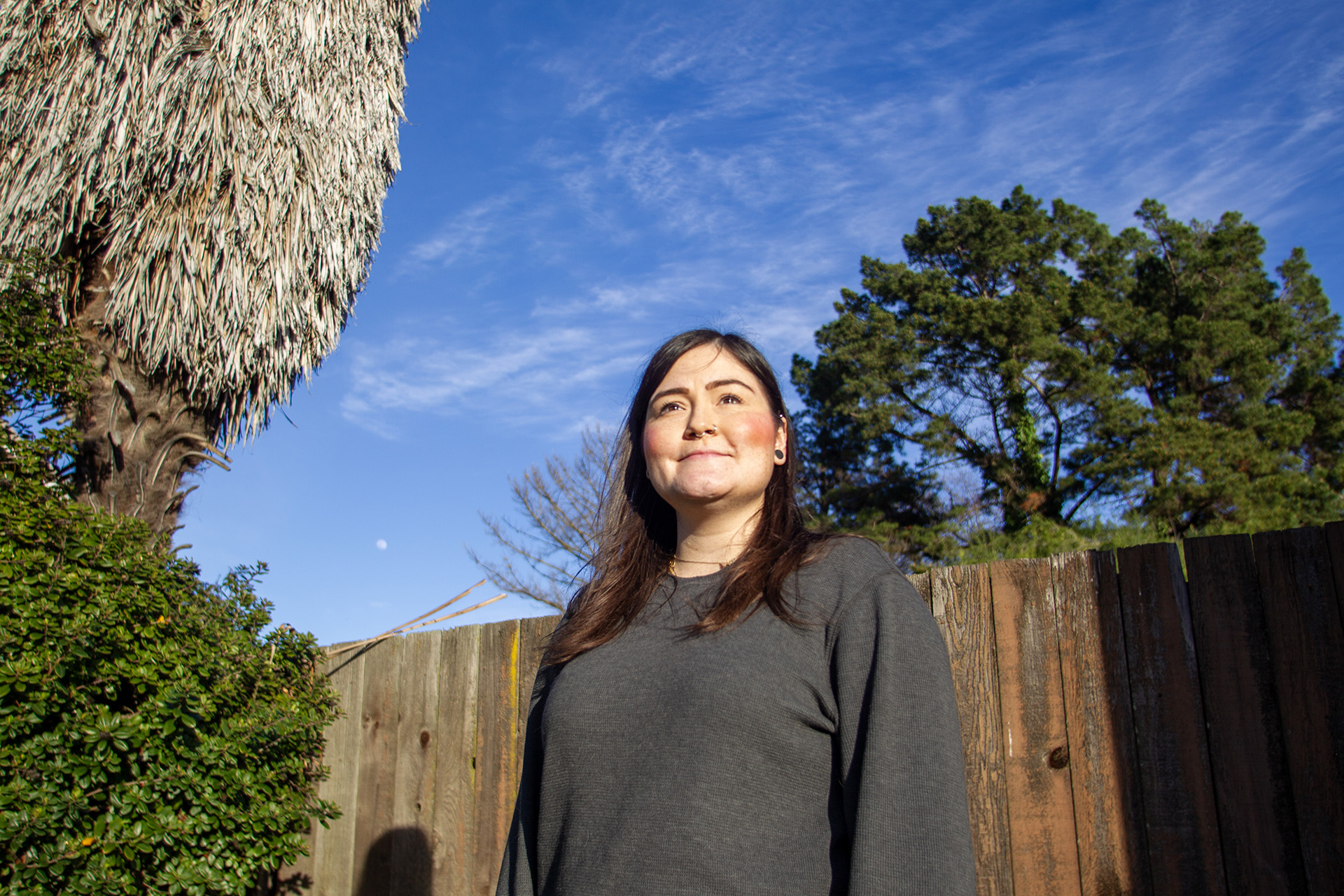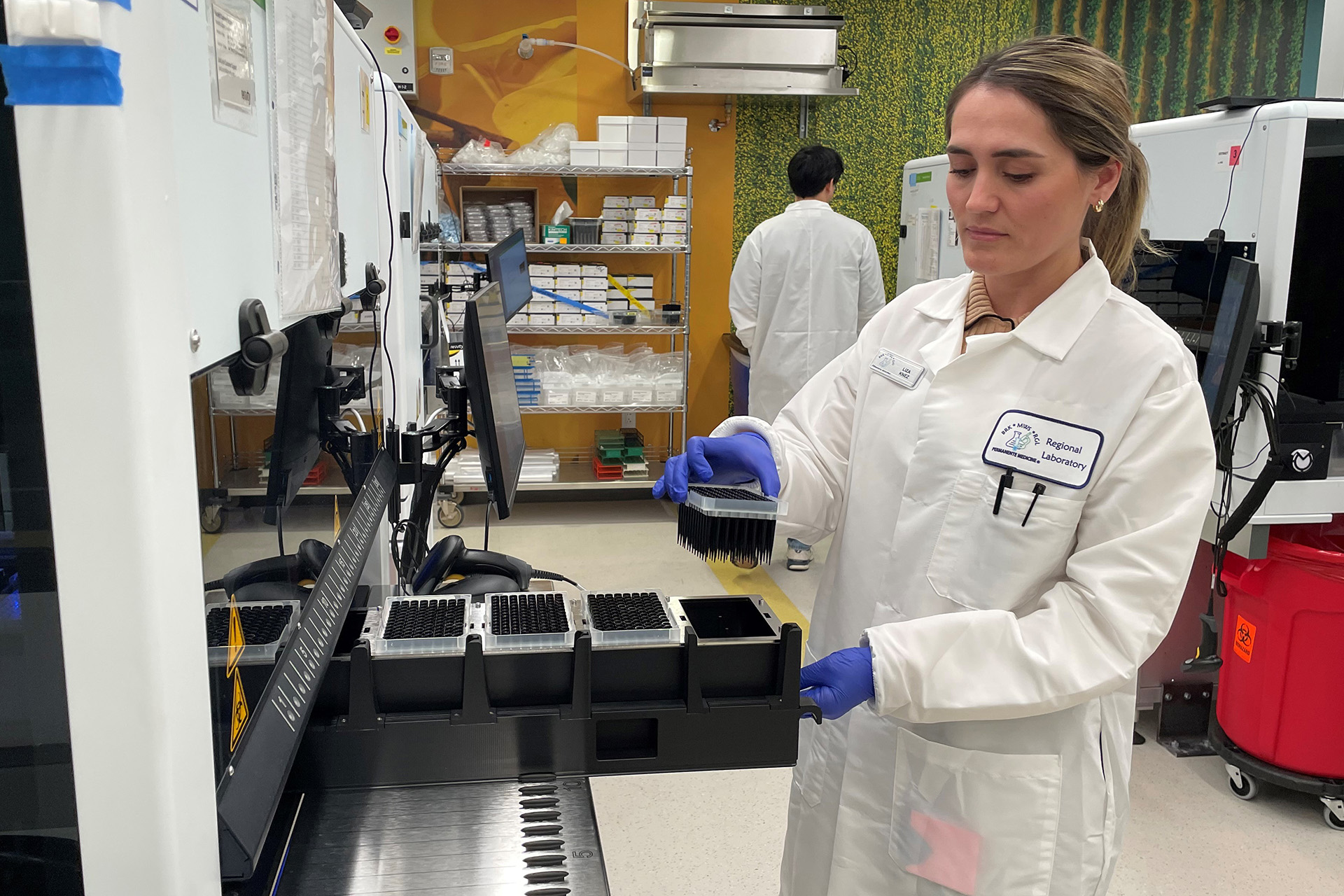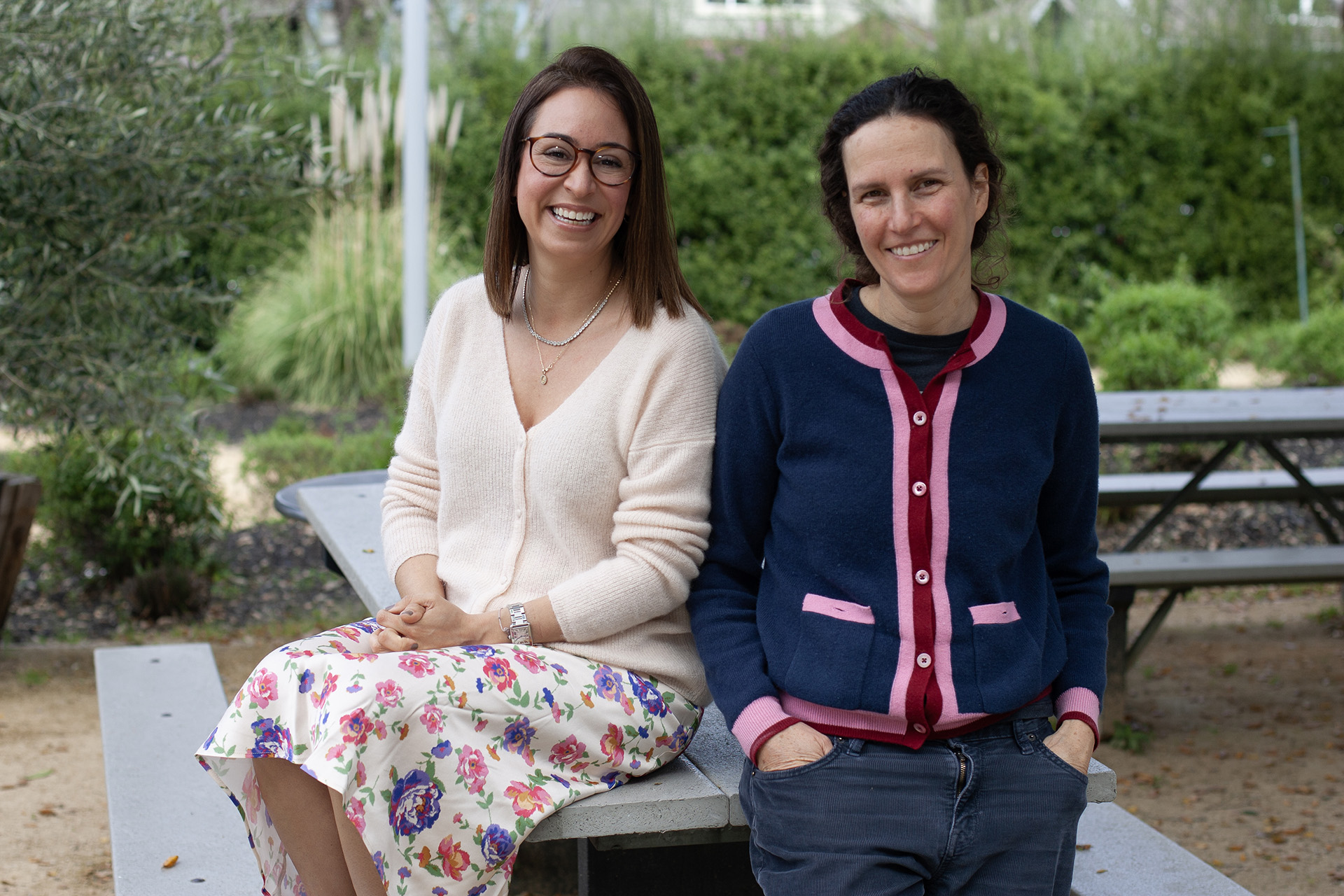The small objects floating in Josie Gonzalez’s field of vision in her right eye looked like dementors from the Harry Potter stories — dark, smokey shapes that seemingly appeared out of nowhere.
That was in 2020, and Gonzalez didn’t waste any time in going to see her doctor.
“These floating things were pretty big, and I thought, ‘This is not normal for me,’ so I went right in,” said Gonzalez, 32. “I learned I had diabetic retinopathy, and what I was seeing was blood leaking out of the vessels in my eye.”
Knowing Gonzalez has lived with type 1 diabetes most of her life, her doctor’s medical assistant photographed her eye with a special camera.

The photos were sent to one of the 125 optometrists in the Kaiser Permanente Northern California Eye Care Monitoring Program who screen for the complication, one of many caused by diabetes. An optometrist confirmed diabetic retinopathy and referred her for treatment.
Within a month, Gonzalez underwent a laser procedure to correct the eye problem. She has been treated several times over the last 4 years, most recently last fall. If left untreated, it could have caused her to go blind.
Having photos taken during a visit with a primary care physician is a key part of the screening program and allows for a growing number of patients with diabetes to be cared for.
“Our optometrists receive special training and certifications to interpret the photos,” said David Hall, OD, who is manager of the Eye Care Monitoring Program. “Last year we screened over 200,000 patients, which is up from about 118,000 in 2019.”
The importance of screening
Diabetic retinopathy is a serious condition and is the leading cause of blindness in U.S. adults, ages 20 to 74, according to the Centers for Disease Control and Prevention. A recent study showed that 1.84 million people in the U.S., or about 5% of those with diabetes, had vision-threatening diabetic retinopathy in 2021.
The risk of diabetic retinopathy can be reduced by controlling blood sugar, blood pressure, and lipid abnormalities.
People with diabetes should have their eyes screened regularly, said Hall.
“Someone looking in the mirror won’t see anything,” said Hall. “That’s why it’s so important to get screened.”
As the number of people with type 1 and 2 diabetes has grown, so too has the screening program, said Hall. It has evolved from a procedure in which it was only done in the optometrist’s office using drops that dilate the eyes, said Hall.
“Then we started taking instant photos with a Polaroid Instant Camera and an optometrist would go through all those photos,” he said. “Now we have these specialized cameras and the medical assistants in the primary care doctors’ offices have gotten really adept at photographing eyes for us.”
Hall said the longer diabetic retinopathy is left untreated, the harder it is to reverse the damage.
“And that is why we are so proud of our screening program, because we can treat people before they have a real problem,” he added.





This Post Has 0 Comments